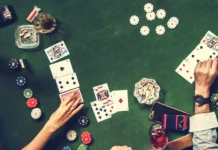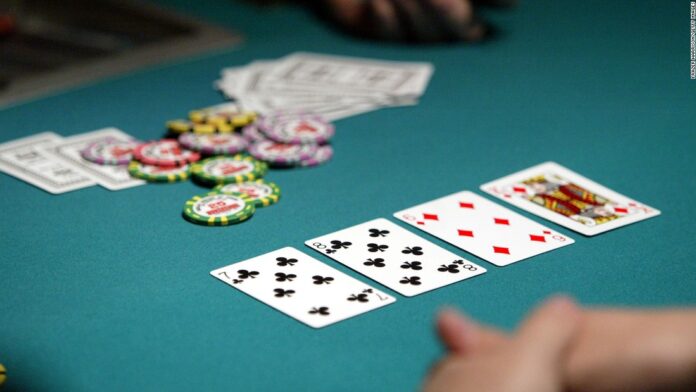
Poker has long been a popular game, both in physical casinos and in online games. It has also become a topic of political discussion in recent years. As the popularity of poker continues to grow around the world, many people have been asking if online poker and politics can coexist peacefully.
In this article, we will take a closer look at how politics affects online poker and vice versa, as well as examine some of the potential consequences of these two forces interacting.
The Impact of Politics on Poker
Politics can have a huge impact on the poker industry, both directly and indirectly. On the most basic level, laws passed by governments dictate how the poker industry is regulated, with different countries having different regulations regarding how players can participate in the game. For example, some countries have outlawed playing poker online, while others allow it without penalty or regulation.
In addition to laws that specifically relate to poker, politics also impacts the game in more indirect ways. For instance, economic policies set by governments can influence people’s ability to play or even just watch poker games. If taxes are raised or the money supply is tightened due to economic policy decisions, people may be less likely to spend their money on activities such as playing or watching poker games.
Finally, politicians themselves often have opinions about the game, whether table poker or free online poker at gg poker, that are shaped by their own personal views and agendas. Some politicians may seek to restrict access to online texas hold em sites through legislation meant to limit access to free online poker games or simply because they don’t personally approve of it.
On the other hand, other politicians may be more supportive of allowing access to poker because it provides recreation for many people without any serious risk of addiction or harm, especially when they just want to play poker online free.
The Impact of Poker On Politics
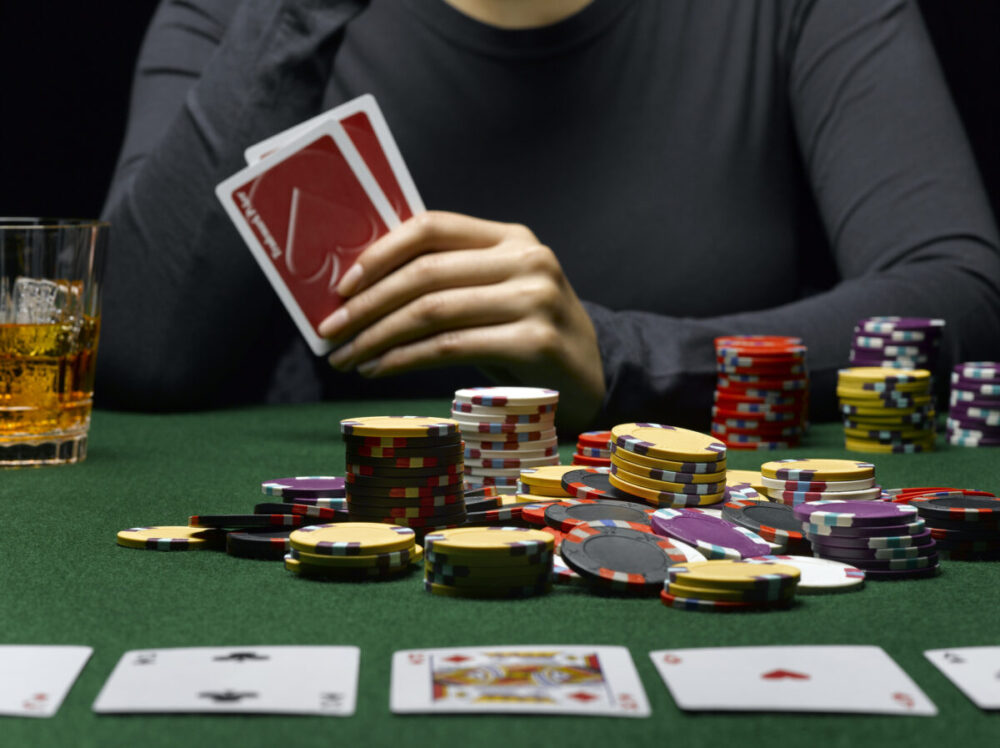
The influence works both ways when it comes to politics and poker; while politicians can affect how people play or enjoy the game itself, players can also have an impact on politics when it comes to gambling-related issues as well as other topics related to decision making within government bodies.
First off, skilled players who take part in tournaments may gain attention from mainstream media outlets that then report on these events, which can lead to increased public awareness about certain issues related to gaming regulation or taxation policies within different jurisdictions around the world.
This increased public awareness and discussion can then put pressure on governing bodies from society at large, who would like their voices heard regarding these matters when formulating new policies that could affect their lives either positively or negatively, depending on what type of decision is made about them by lawmakers. These decisions would be based on feedback collected from citizens during routine election cycles held across various jurisdictions throughout each nation every few years or so.
In addition, there are significant economic benefits associated with legalized free poker games, such as those related to playing real money online (or live) tournaments; the revenue generated through these ventures is taxed accordingly by various governing bodies, which results in additional funding being available for infrastructure projects (i.e., roads/bridges) among other beneficial initiatives spearheaded by legislatures either nationally or internationally, depending again on just where exactly one currently resides.
Certain lobbying groups representing different industries often come together in an attempt to sway legislators into making decisions that benefit all parties involved when dealing with significant matters that affect everyone politically. Surprisingly, this occurs regularly when it comes to legalizing recreational gaming online due to the current advancements in technology and availability of it. This is a helpful reminder of the laws and regulations established by each particular legal jurisdiction.
Political Theories That You Can Apply in Poker
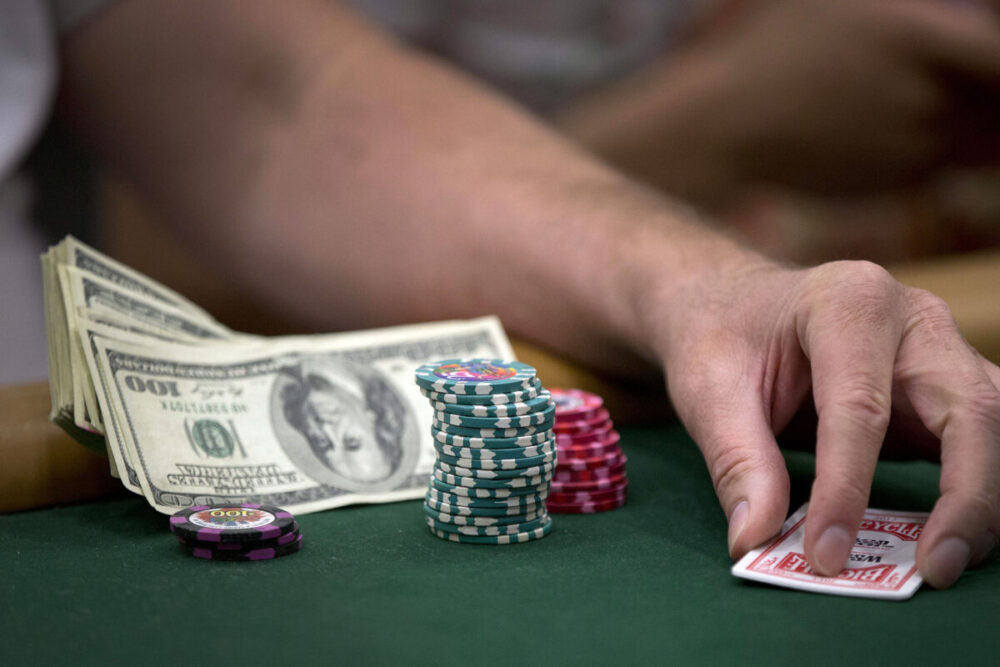
Poker, like politics, is a game of strategy and competition. And just like in politics, there are various theories that poker players can apply to gain an edge over their opponents. In this article, we will explore some of the popular political theories and how they can be utilized in the game of poker.
Machiavellianism
Named after Niccolo Machiavelli, this theory emphasizes the importance of power and manipulation. In poker, this translates to using deception and misdirection to throw your opponents off their game. Machiavellianism in poker means actively deceiving your opponents through your play or appearance, bluffing, and making bold moves with weak hands.
Social Contract Theory
This theory proposes that individuals voluntarily give up some of their freedom and rights to the government in exchange for security and protection. In poker, this can be applied through establishing a social contract with other players at the table. This means following the established rules and etiquette of the game in exchange for a fair, safe, and enjoyable poker experience.
Game Theory
This theory applies mathematical models to analyze decision-making in strategic situations. Game theory in poker helps players determine the best strategy in a given situation by analyzing the probabilities and expected values of different actions. Utilizing game theory in poker means considering your opponents’ potential actions and anticipating their moves, responding to their actions, and calculating the optimal move based on the variables present.
Utilitarianism
Utilitarianism is a theory that considers the greater good, and maximizes the overall benefits for everyone involved. In poker, this means making moves that benefit the group as a whole rather than your personal gain. This could be in the form of leveling the playing field by sharing information with other players, showing empathy and fairness, or making a play that has greater long term benefits for all involved.
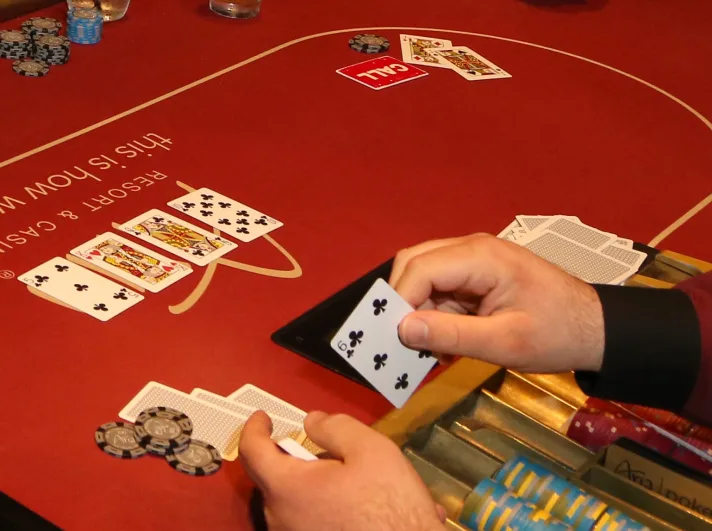
Wrapping Up
To sum up, it is clear that poker and politics have an intertwined relationship: both directly and indirectly, the decisions made by politicians affect the game of poker, while poker players themselves can impact political decisions about gaming regulations and taxation policies. Ultimately, it appears that coexistence between these two forces is possible, provided that a mutual understanding is reached between all parties involved.
Start your poker journey today at gg poker, the world’s largest poker room!

